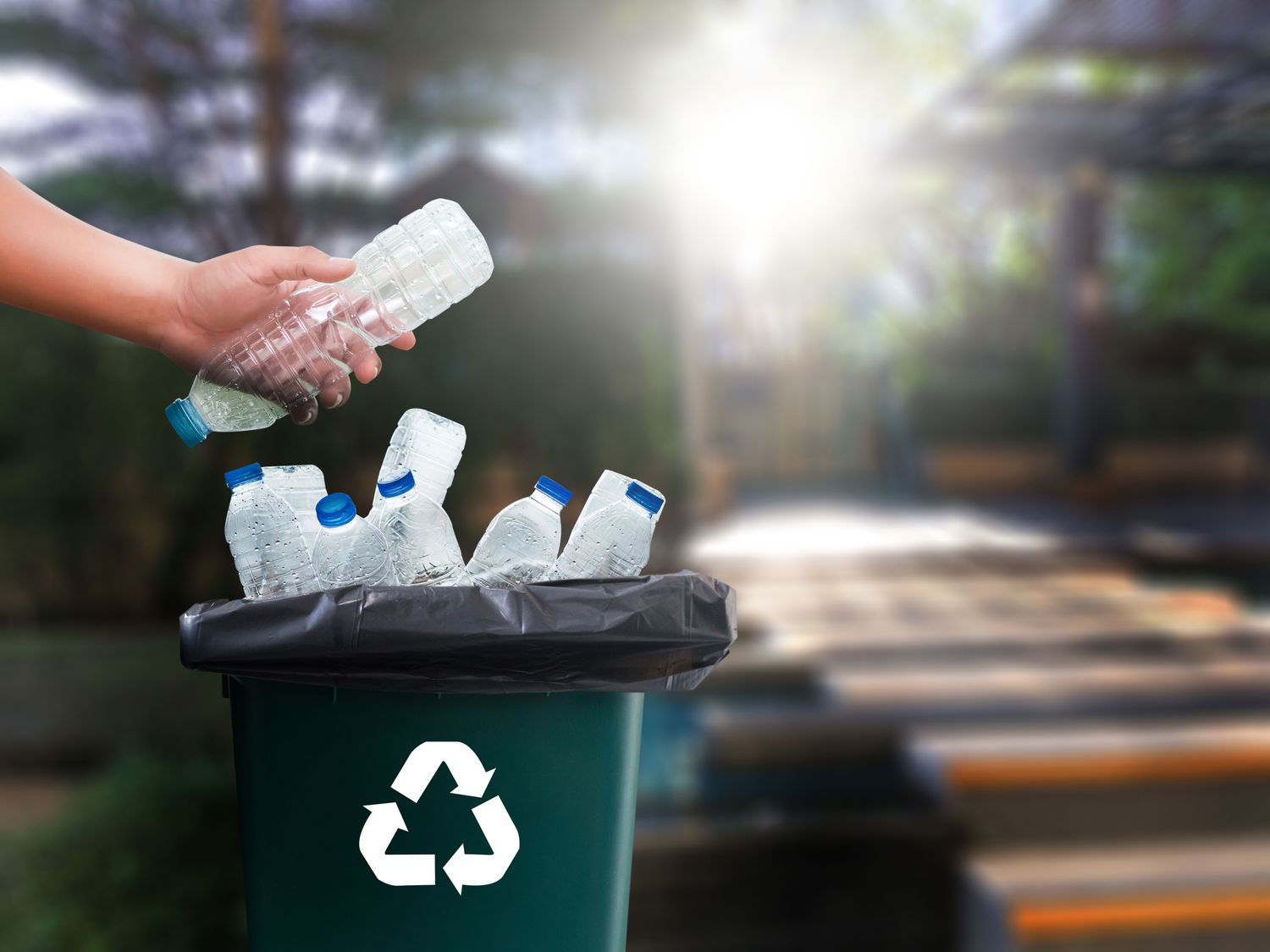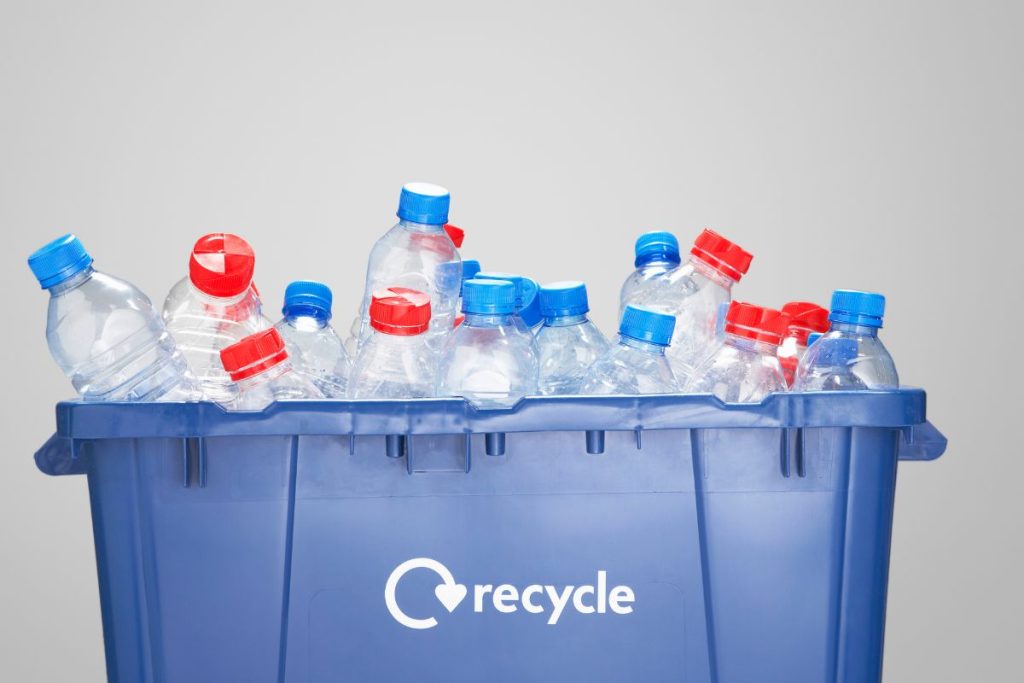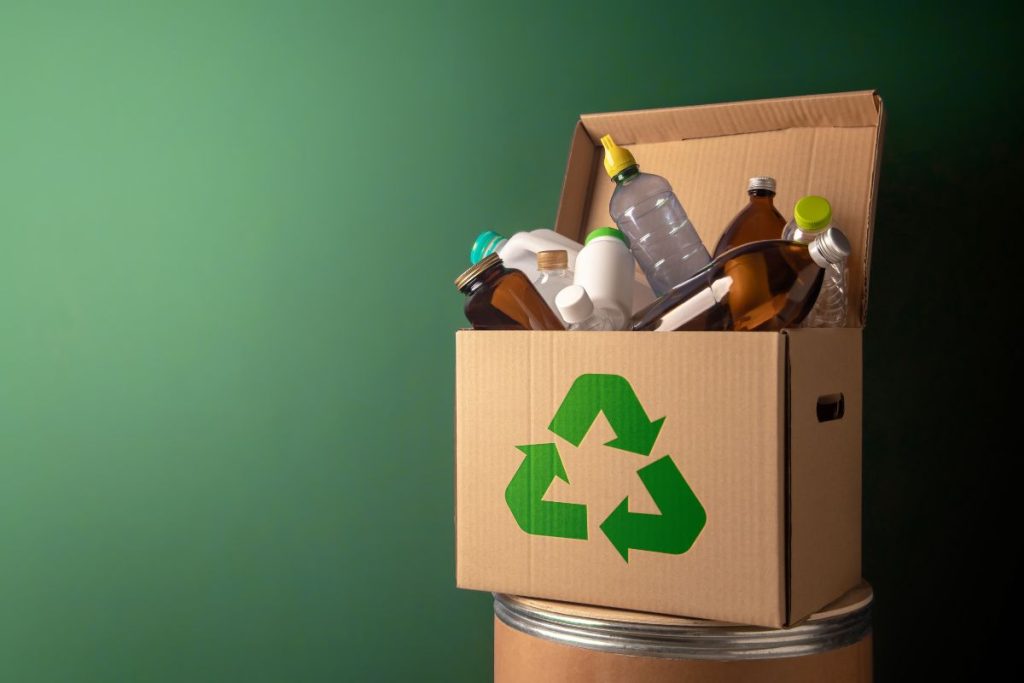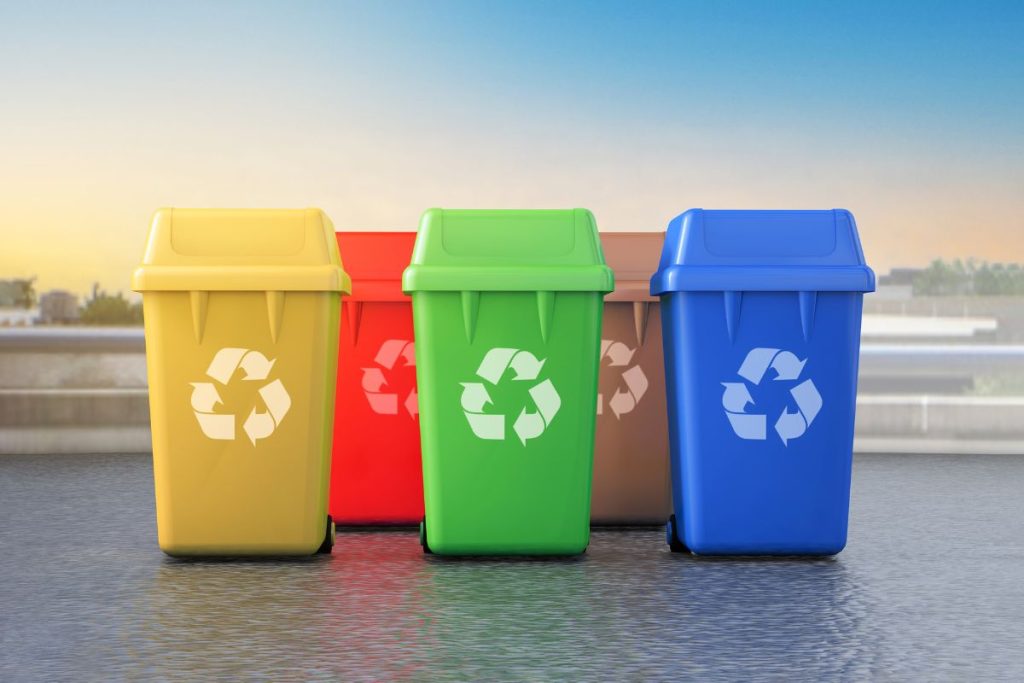

Recycling helps reduce waste and save valuable resources since it allows for multiple uses. We have compiled essential facts on recycling that you should know. Find out why it’s crucial to properly separate your trash by visiting the bottle depot or your area.
Table of Contents
Here are ten of the most exciting things we found about recycling that you should know. Reading this information will give you a better grasp of the significance of recycling at a bottle return depot and its function in maintaining a healthy ecosystem.
By sorting and processing recyclable materials, including glass, plastic, metal, and paper, at a bottle depot or where you live, you can utilize the materials again and again. Increasing recycling rates will reduce the requirement for harvesting fresh trees and extracting new minerals.

The fact that the percentage of recycled plastic is below 50% highlights the urgent need to improve plastic recycling rates. With billions of plastic water bottles and numerous other plastic items being discarded annually, it is evident that there is a significant gap between plastic consumption and recycling efforts. Enhancing recycling infrastructure and promoting awareness about the importance of plastic recycling can help close this gap and ensure that more plastic is diverted from landfills. By increasing recycling rates, we can reduce the environmental impact of plastic waste and preserve valuable resources for future generations.
A single tree can remove around sixty pounds of air pollution annually. Trees saved through recycling efforts contribute to a considerable decrease in air pollution.
Do you know it takes 500 years to break down Styrofoam in a landfill? You may save time and contribute to a greener world if you use mugs or reusable cups instead of disposable ones.
Plastic straws wind up in the trash instead of being recycled at the bottle depot. Although plastic straws are constructed from recyclable plastic, most recycling equipment cannot process them because they are too small and light.

Many people toss glass in the garbage because it is not recyclable at the curb. Because of the significant amount of energy that may be saved by recycling glass, air pollution can be decreased by 20%. It has the potential to reduce water pollution by 50%.a
The ocean is home to an astounding 51 trillion microplastic particles. While certain items break down in the ocean, plastic does not; it only breakdown into smaller fragments (microplastics). It’s not just the ocean that these tiny plastic pieces pollute; they also end up in our food, drinking water, and, eventually, our bodies.
The vast majority of individuals toss away their plastic bags. Meanwhile, these plastic bags are piling up in dumps all around the globe. Therefore, it is becoming increasingly crucial to reuse and recycle plastic bags until they are no longer usable.
Recycling one tonne of cardboard not only helps prevent the use of 46 gallons of oil but also significantly reduces the energy required for cardboard production. By recycling cardboard, we can conserve resources and decrease our reliance on fossil fuels. Additionally, the energy savings achieved through recycling are remarkable, as only 7 per cent of the power needed to create new cardboard is required for recycling. Embracing cardboard recycling as a sustainable practice can make a substantial impact on resource conservation and environmental preservation.

While it’s true that not everything can be recycled at a bottle depot, the fact remains that far over half of the trash we send to the landfill is recyclable.
In conclusion, the facts presented highlight the importance of recycling and proper waste management. Recycling not only helps reduce waste but also conserves valuable resources and contributes to maintaining a healthy ecosystem. By recycling materials like glass, plastic, metal, paper, and cardboard, we can save the planet by minimizing the need for extracting new resources. However, it is concerning that the percentage of recycled plastic is below 50%, and many items like Styrofoam cups and plastic straws end up in landfills instead of being recycled. The impact of plastic pollution on the oceans and our food chain is significant, emphasizing the urgent need to address this issue. Furthermore, the excessive use of plastic bags and the disposal of billions of them annually contribute to environmental degradation. By recycling cardboard, we can save energy and reduce oil consumption. Lastly, it is essential to recognize that a significant portion of our garbage is recyclable, indicating the potential for waste reduction through recycling initiatives. To create a sustainable future, it is crucial to raise awareness, promote recycling practices, and encourage individuals to make environmentally conscious choices in their daily lives.
Sign up to receive our email, delivering the latest stories straight to your inbox.
